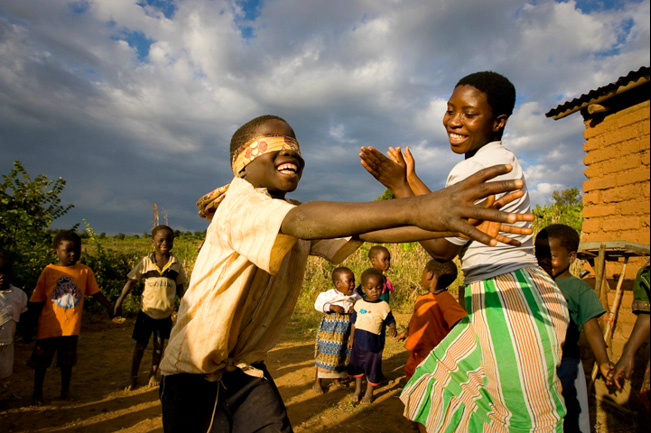Paris Talks: The Perfect Human Sentiments and Virtues
The Heavenly Father gave the priceless gift of intelligence to man so that he might become a spiritual light, piercing the darkness of materiality, and bringing goodness and truth into the world.
‘Abdu’l-Bahá made this striking remark in a talk He gave on 23 November 1911. This talk is one of strength and empowerment as it brims with beautifully potent statements that seek to elevate and empower us to embrace our lofty station as human beings. He does this in His description of “perfect human sentiments and virtues” and by saying that human beings “belong to the world of purity and are not content to live the life of the animal, spending [their] days in eating, drinking, and sleeping.” He then asserts that our “thoughts and ambitions are set to acquire human perfection.”
Implicit in these statements is that one of the blessings of human intelligence is that it can constructively guide our free will; unlike animals driven by instinct, we have a capacity that permits us to reason, ration, and thus be able to channel our energies and capacities towards positive and spiritually-driven ends.
In reference to “perfect human sentiments and virtues,” ‘Abdu’l-Bahá goes on to say that “if a man has none of these, he had better cease to exist” and that “verily, it is better a thousand times for a man to die than to continue living without virtue.” This statement seems to be a call to action — specifically, action that is infused with thought and purpose. As our intelligence guides our free will, we can strive to behave in such a way that guides us towards these noble goals.
Not only is this beneficial to individual development, but this approach could also be pragmatic on the societal level. If people in various social spaces throughout the world began to both reflect and act upon this idea of “perfect human sentiments and virtues” it could help us become the beings that ‘Abdu’l-Bahá refers to when He says that “the All-loving God created man to radiate the Divine light and to illumine the world by his words, action and life.”
One concrete means of accomplishing this is by rendering service to our communities. An example of this type of service is the Junior Youth Spiritual Empowerment Program. This program, which Bahá’ís around the world are engaged in, provides a space for 11 to 14 year olds to develop virtues, to think critically about morality, and to learn how to use language to better express themselves. Additionally, it gives them the opportunity to directly apply their understanding of these spiritual concepts in their communities in the form of service projects and community outreach. Empowering youth from such a young age to learn about virtues and to engage with the society around them can truly have an impact upon them; as they learn about the true value of “sentiments and virtues” in the program, they will be impelled to make decisions that cause them to strive to reach “human perfection.” This type of environment and surrounding can help this age group to “know neither opposition, dislike, nor hatred, for every living creature is dear to you and the good of each is sought,” and internalizing this belief will have a profound impact on the next generation.



I am truly enjoying the web site. The excerpt from the 23rd and the explanation, bringing it to the Jr. Youth level, is so inspiring. I am an Aux. Bd. assistant for youth and jr. youth, and it gives me hope to remember we all over the world are acting in unity.